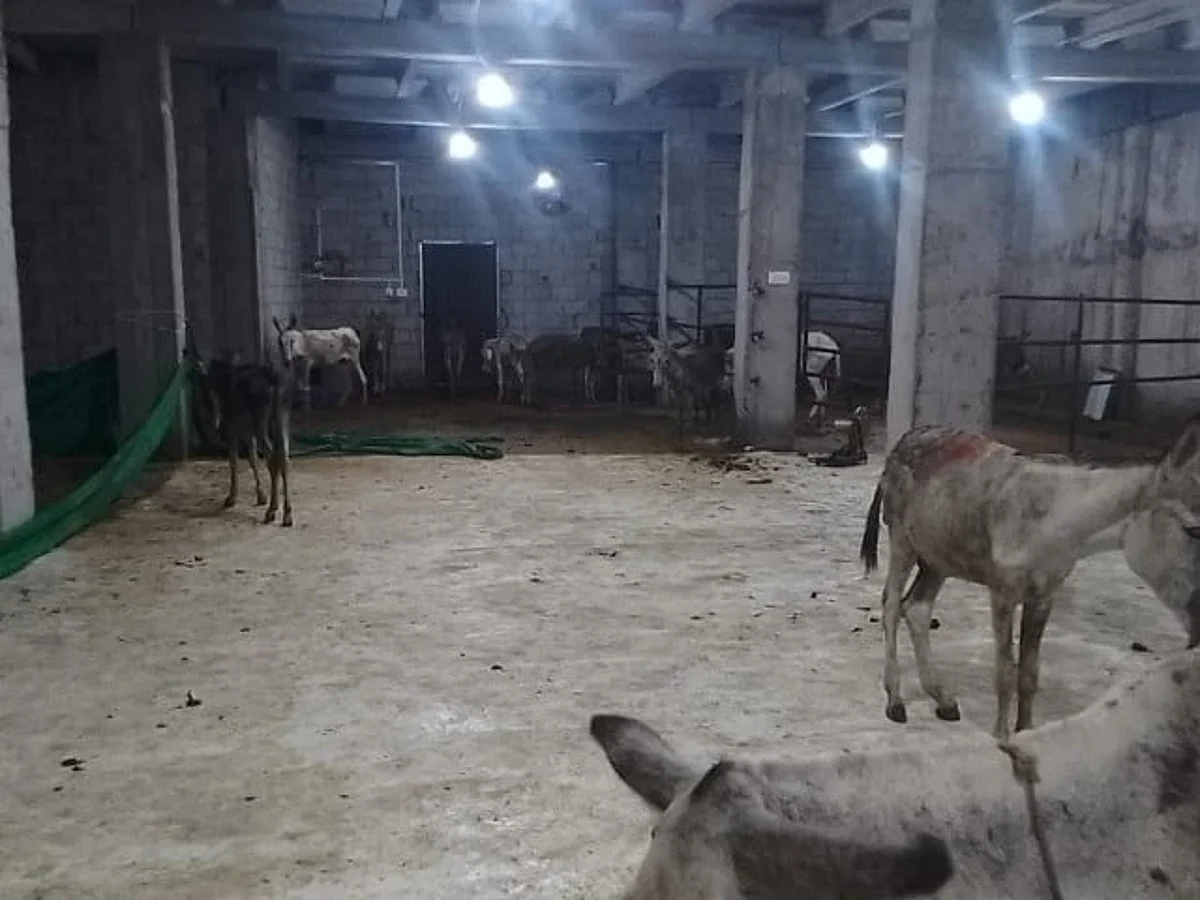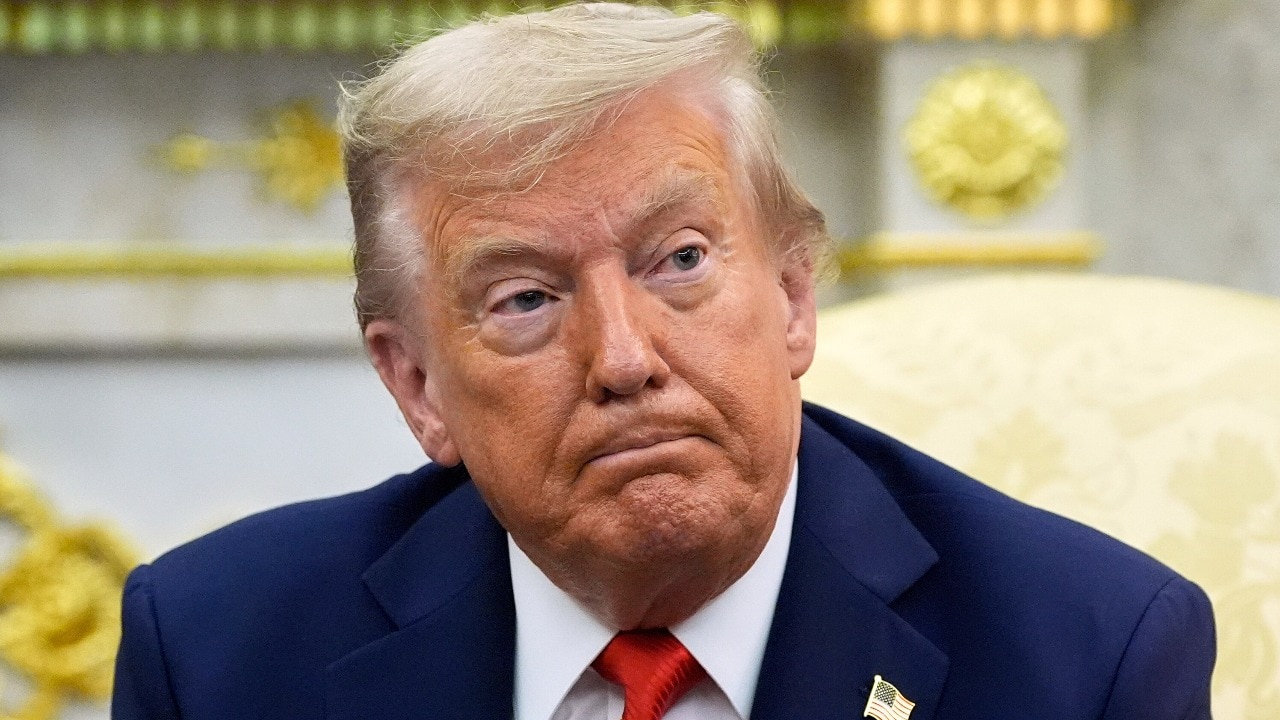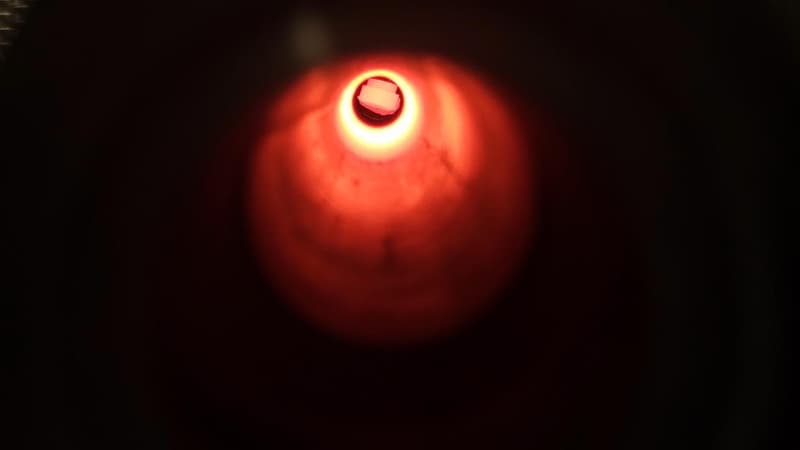Shocking Donkey Meat Raid Uncovers Dark Secrets of Illegal Trade!

Imagine a world where donkeys are not just loyal companions and hard workers, but victims of a thriving underground meat trade. Recently, a shocking raid in Tarnol, Pakistan, has uncovered the grim reality of this illegal operation, leading to the arrest of a foreign national linked to a widespread network processing and exporting donkey meat.
The Islamabad Food Authority (IFA) has taken a brave stand against this illicit trade, dismantling the operation and rescuing over 50 donkeys destined for unregulated slaughter. In a world increasingly aware of animal rights, this raid serves as a wake-up call to the dangers lurking in the shadows of the meat industry.
Why the sudden demand for donkey meat, you ask? According to a 2024 report by The Donkey Sanctuary, a UK-based animal welfare organization, millions of donkey hides are needed annually. This insatiable demand has spurred a worrying rise in illegal slaughtering around the globe, and Pakistan is not immune to this dark trend.
At the heart of this issue lies e-jiao, a traditional Chinese medicine made from donkey skin believed to improve blood circulation, boost immunity, and enhance reproductive health. This product, steeped in 3,000 years of history, is not just a remedy but a cultural treasure protected by Chinese authorities. The Shandong province alone produces 90% of the world's e-jiao, driving a relentless demand for donkey hides.
The recent raid highlights an alarming backdrop of soaring international demand for donkey products, particularly from China, where culinary practices and the booming e-jiao industry intertwine. The IFA has registered a police case against those involved, launching an extensive investigation into the buyers and supply chain networks fueling this operation.
Initial findings suggest that the illicit meat wasn't just slated for local markets but was also being prepared for export, violating numerous health and safety regulations. The seized meat was destroyed on-site, marking a strong stance against this illegal trade.
The situation is further complicated by Pakistan's recent approval of protocols for exporting donkey hides, part of a broader trade agreement that includes dairy, cattle, and agricultural goods. This move has sparked the launch of the first officially sanctioned donkey meat and hide processing facility in Gwadar, backed by a $7 million investment from China’s Hangeng Trade Company.
While this initiative aims to regulate and legitimize the donkey by-products market, the Tarnol raid starkly illustrates the challenges that lie ahead. On one side, there is the potential for job creation and foreign exchange; on the other, the urgent necessity to enforce laws that protect animal rights and maintain public trust.
As one food safety official pointed out, “This isn’t just about fraud or tradition; it’s a matter of health and safety. People consuming potentially harmful donkey meat are at serious risk.” The implications of unregulated slaughter extend beyond ethical concerns, raising alarms about public health as the meat may carry harmful pathogens if improperly handled.
With a growing demand for donkey hides leading to skyrocketing prices, local traders are witnessing a severe decline in demand. The traditional roles of donkeys in labor and transport are being overshadowed by the lucrative export market, igniting debates over animal welfare and sustainability.
According to the Pakistan Bureau of Statistics, the country's donkey population stood at 6.047 million in June 2025, with a notable increase of over 109,000 in the past year. Yet, as prices soar, local buyers are effectively priced out of the market, raising ethical questions that society cannot ignore.
This raid is a glaring reminder that sometimes, in the quest for profit, we lose sight of our moral compass. The critical balance of trade, animal welfare, and public health hangs precariously in the balance.



























